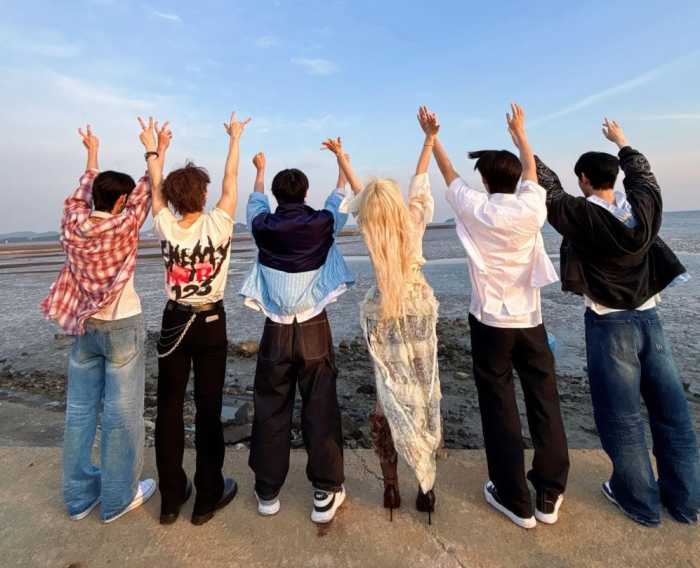
We’ve seen a lot of musical biopics lately, most prominently “Bohemian Rhapsody” and “Rocketman,” but we haven’t seen anything quite like “Blinded by the Light.”
It is a Bruce Springsteen movie set far from the Asbury Park boardwalk, in which The Boss is only heard via his music.
Directed by Gurinder Chadha (“Bend It Like Beckham”) and opening in theaters Friday, the 1987-set film tells the story of a Pakistani-British teenager named Javed (Viveik Kalra), who finds renewed purpose and determination to transcend the burdens of his life in working-class Luton, England, when classmate Roops (Aaron Phagura) introduces him to Springsteen.
In other words, this is “a film all rooted in Springsteen’s albums,” says Sarfraz Manzoor, who co-wrote this adaptation of his memoir “Greetings from Bury Park: Race, Religion and Rock ‘n’ Roll.”
“I think it’s like a film version of ‘Darkness on the Edge of Town,’” he adds. “If you think about ‘Adam Raised a Cain.’ If you think about ‘Factory.’ If you think about ‘The Promised Land.’ If you think about ‘Prove It All Night.’ If you think about ‘Darkness on the Edge of Town,’ the themes in those songs are in this film.”
The detailed attention to reflecting Springsteen’s work in the bones of this coming-of-age story isn’t just reflected in the ways the narrative parallels the music legend’s stories of people striving and dreaming amid the joys and struggles of everyday life.
It’s not just in, for example, the majestic, joyful scenes of Javed struck for the very first time by “Dancing in the Dark” and “The Promised Land,” as the lyrics are projected onto the screen.
The essence of Springsteen is reflected in the dialogue itself, says Chadha, who co-wrote the screenplay with Manzoor and Paul Mayeda Berges.
“I sat there with all the lyrics and just really started weaving words in; not even music, I didn’t think about music, I just set the words that meant something to Javed’s journey,” Chadha says. “And I started including them into scenes like they were dialogue. … I’d group all the songs up into dialogue that worked for the scene at that particular time.”
The experience of making the movie transformed its star Kalra from someone who was “vaguely familiar with the sound of his name” into a full-fledged superfan who can knowledgeably gush about, say, the beauty of the harmonica opening to “Thunder Road” in true Springsteen-fanatic fashion.
The result of these enthusiastic efforts is a movie that pays tribute to an artist who has a sort of deep, enduring connection with his fan base that’s not necessarily found elsewhere and a film that uses the scope and power of his work to advance a narrative that addresses difficult and universal themes about racial division, parental strife and more.
“For five decades now, he’s been very consistent in the stories that he tells and why he tells [them],” Chadha says. “All his songs are about ordinary people who are struggling with life in one way or another, in a melancholy tone but there’s often a little bit of hope in there somewhere.”
All of this of course begs an obvious question: What does Bruce think?
He gave the filmmakers his music for free, attended the Asbury Park premiere earlier this month and has been nothing but supportive throughout the process, according to the filmmakers. Chadha screened an early cut for Springsteen a year ago and here’s how she describes that experience:
“Bruce watched it very intensely, smiled at a few places. And then at the end of it, I went down to turn the lights on and he got up and he walked over to me … and he said, ‘Wow, thank you for looking after me so beautifully.’"
































